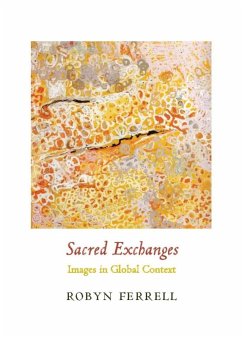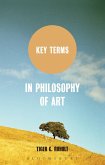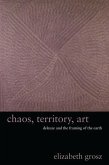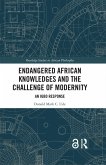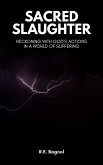As the international art market globalizes the indigenous image, it changes its identity, status, value, and purpose in local and larger contexts. Focusing on a school of Australian Aboriginal painting that has become popular in the contemporary art world, Robyn Ferrell traces the influence of cultural exchanges on art, the self, and attitudes toward the other.
Aboriginal acrylic painting, produced by indigenous women artists of the Australian Desert, bears a superficial resemblance to abstract expressionism and is often read as such by viewers. Yet to see this art only through a Western lens is to miss its unique ontology, logics of sensation, and rich politics and religion. Ferrell explores the culture that produces these paintings and connects its aesthetic to the brutal environmental and economic realities of its people. From here, she travels to urban locales, observing museums and department stores as they traffic interchangeably in art and commodities.
Ferrell ties the history of these desert works to global acts of genocide and dispossession. Rethinking the value of the artistic image in the global market and different interpretations of the sacred, she considers photojournalism, ecotourism, and other sacred sites of the western subject, investigating the intersection of modern art and postmodern culture. She ultimately challenges the primacy of the "European gaze" and its fascination with sacred cultures, constructing a more balanced intercultural dialogue that deemphasizes the aesthetic of the real championed by western philosophy.
Aboriginal acrylic painting, produced by indigenous women artists of the Australian Desert, bears a superficial resemblance to abstract expressionism and is often read as such by viewers. Yet to see this art only through a Western lens is to miss its unique ontology, logics of sensation, and rich politics and religion. Ferrell explores the culture that produces these paintings and connects its aesthetic to the brutal environmental and economic realities of its people. From here, she travels to urban locales, observing museums and department stores as they traffic interchangeably in art and commodities.
Ferrell ties the history of these desert works to global acts of genocide and dispossession. Rethinking the value of the artistic image in the global market and different interpretations of the sacred, she considers photojournalism, ecotourism, and other sacred sites of the western subject, investigating the intersection of modern art and postmodern culture. She ultimately challenges the primacy of the "European gaze" and its fascination with sacred cultures, constructing a more balanced intercultural dialogue that deemphasizes the aesthetic of the real championed by western philosophy.
Dieser Download kann aus rechtlichen Gründen nur mit Rechnungsadresse in A, D ausgeliefert werden.

